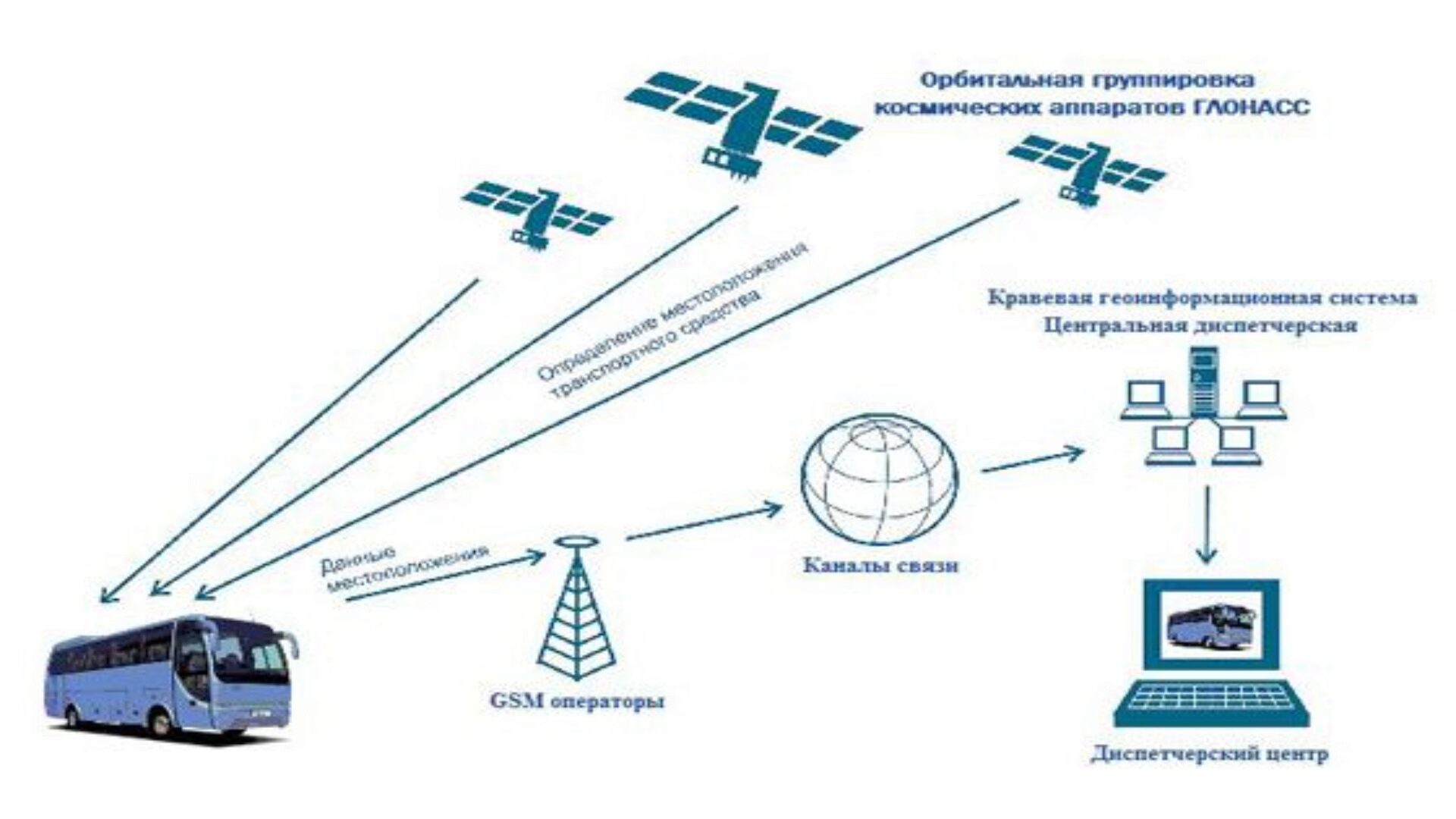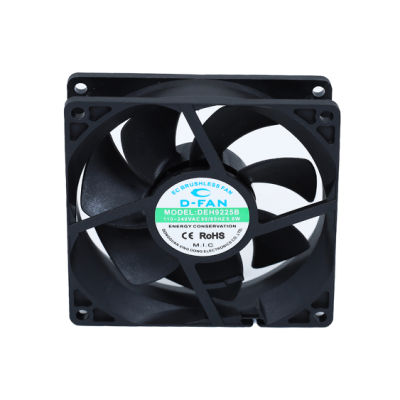
Should you use traffic monitoring?
More and more companies decide to install monitoring on their company vehicles. Modern technologies allow you to control the position of the vehicle and observe the work of the driver. In what situations can monitoring be useful and is it legal?
The ability to find a car can be used if it is stolen, and the fact that car thieves are not idle is confirmed by police statistics. Although the number of stolen cars is decreasing every year, in 2015 there were still more than 12 reported cases of car theft. This solution is also appreciated by some insurers, sometimes offering some discounts on the purchase of policies for supervised fleets. The very installation of cameras can deter potential thieves - as police statistics show, thieves are much more likely to target objects that are not being monitored. However, this is not the only benefit of monitoring.
In what situations can monitoring be useful?
However, monitoring can also protect against small, but also more common thefts, which often bring considerable losses to companies - we are talking about the theft of fuel by employees or theft of cargo. Some employers use cameras as a tool to monitor the work of drivers: they check whether they use the car for personal purposes, whether they have enough stops, whether they exceed the speed limit.
However, monitoring is not only a control tool - thanks to its functions, it can allow you to improve fleet management. Companies that install cameras or locators, such as Vision track, often offer customization of the system's capabilities to the individual needs of the client. Thanks to the locators, you can monitor the current location of all vehicles, collect information about the state of fuel, speed, travel time and stops. This makes it easy to plan routes, predict arrival times, record any delays, and bill employees. Monitoring can be useful not only on roads, but also in agricultural machinery.
Despite the many advantages of such systems, not everyone is enthusiastic about them. The disadvantages include additional costs and dissatisfaction of employees, who often do not want to be audited and consider this an expression of distrust.
Is monitoring legal?
The employer has the right to control the performance by the employee of his official duties (Article 22 § 1 of the Labor Code of the Russian Federation - the obligation to perform work at the place and time determined by the employer), he is also allowed to protect his property. Both are implemented by a monitoring system that should protect the vehicle from theft and provide information about what the employee is doing. As long as it is recorded during work, the employer has the right to do so. However, it is worth informing the driver about the fact of recording and the purpose of such actions in order to avoid accusations of violation of personal data, personal rights or illegal data processing (Article 24 paragraph 1 of the Personal Data Protection Law - although in some situations it is possible to process personal data without consent, the employee must be informed about the purpose of their collection). The activities of the employee can only be observed during working hours, records cannot be distributed. They can be used as evidence in criminal cases (for example, if an employee steals fuel), but they cannot be posted online.
car camera
Devices installed in vehicles do not have to be used to locate or monitor an employee. Car webcams that record traffic events are also becoming popular. They are seen as a guarantee against possible unfounded accusations by the police, the possibility of registering the activities of road pirates and, in the event of a car accident or accident, the ability to unequivocally prove who was the culprit.
While monitoring is an expense and employees may not be happy with it, it allows you to improve your workflow as well as protect yourself from losses.

